 Shutterstock
Shutterstock
Dogs may not speak human language, but they are experts in emotional fluency. Anyone who’s had a tough day and been met with a wagging tail or gentle nudge knows dogs have a powerful sense of how we feel. Their intelligence goes far beyond sit and stay—they read our faces, pick up on tone and energy, and adjust their behavior accordingly. From comforting us when we’re down to celebrating our highs, dogs are emotional geniuses in fur, always ready with love, empathy, and a little slobber.
Dogs Can Sense Human Emotions
 Shutterstock
Shutterstock
Dogs have an incredible ability to detect human emotions, even without a word being spoken. Studies show they can distinguish between happy, angry, sad, and fearful facial expressions. This emotional radar allows them to adjust their behavior accordingly, approaching gently when you’re sad or playfully when you’re happy. It’s not just about reading faces; they also pick up on body language, vocal tone, and even scent changes linked to stress or excitement. Basically, dogs are four-legged mood detectors with an advanced degree in human behavior.
They Comfort You When You’re Upset
 Shutterstock
Shutterstock
One of the most evident signs of emotional intelligence is a dog’s instinct to comfort. Whether you’re crying, anxious, or just feeling low, dogs often approach with gentle nudges, head tilts, or by simply curling up next to you. They seem to understand that their presence alone can be healing. Unlike some people, they don’t offer unsolicited advice—they show up and make you feel better with a warm body and unwavering loyalty. In short, they’re the therapists we never have to pay (except in belly rubs).
Dogs Experience Jealousy
 Shutterstock
Shutterstock
Dogs aren’t just happy-go-lucky all the time—they get jealous, too. Studies have found that dogs will push themselves between their owners and another dog, person, or even a suspiciously affectionate stuffed animal. They want to be your number one, and they’re not shy about it. This jealous behavior shows their ability to form deep bonds and recognize when attention is being shifted away. So yes, your dog absolutely does notice when you cuddle the cat first.
They Learn Your Routine and Anticipate It
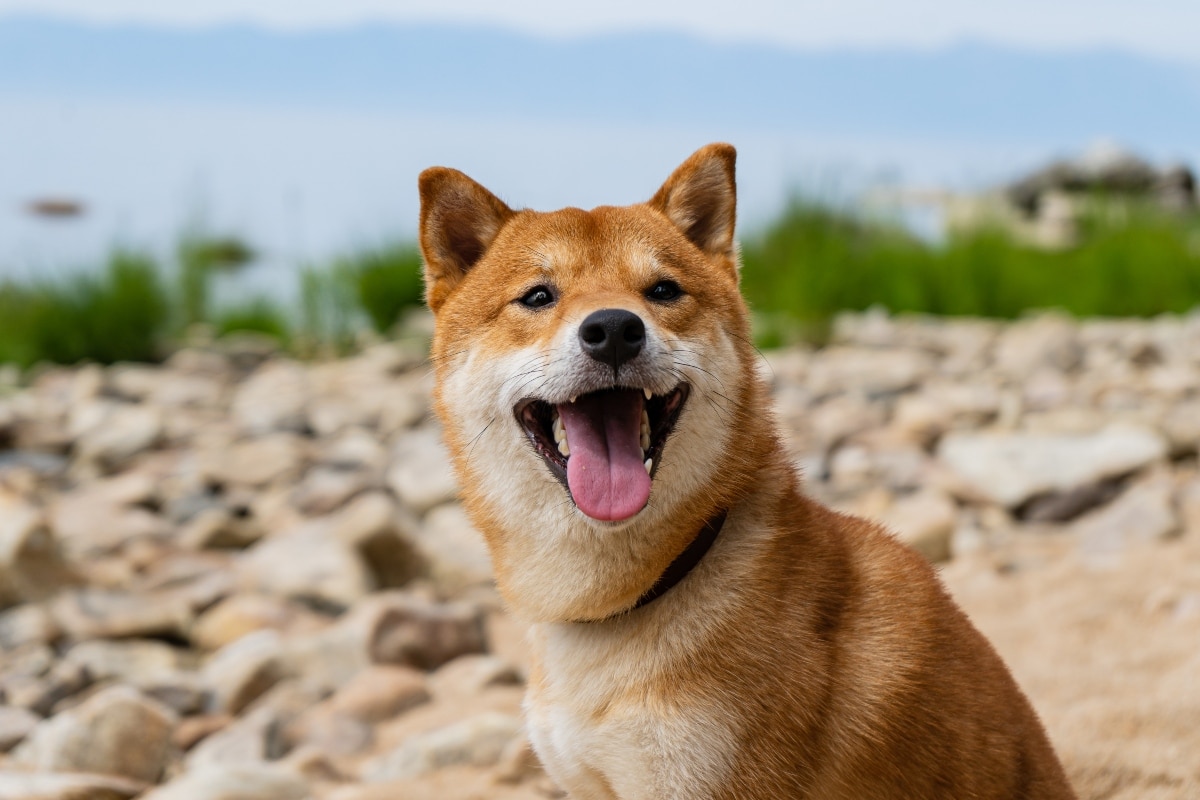 Shutterstock
Shutterstock
Dogs are brilliant at picking up on daily routines, from the sound of your alarm to the moment your shoes go on. This isn’t just pattern recognition—it’s an emotional connection to the rhythms of your life. They anticipate events not because they know what time it is, but because they know you. Dogs will often greet you at the door before they even hear you, guided by scent, intuition, and the internal clock of someone who’s deeply attuned to their favorite human’s habits.
Dogs Mirror Your Moods
 Shutterstock
Shutterstock
If you’re anxious, your dog may become restless. If you’re joyful, they often act more playful and animated. This emotional mirroring isn’t a coincidence—it’s a result of years of evolution that have made dogs experts at syncing with human behavior. Your dog doesn’t just understand your emotions—they feel them. It’s why your nervous pacing makes them anxious too, and why they celebrate right alongside you when your team scores on TV (even if they don’t understand sports).
 Shutterstock
Shutterstock
Dogs form genuine emotional attachments—not just to humans, but to other animals as well. These bonds are built on trust, shared experiences, and regular interaction. Dogs don’t just recognize their favorite people; they miss them when they’re gone and rejoice when they return. Their loyalty is more than just habit—it’s the result of emotional investment. They’re not just hanging around for food; they’re in it for the long haul, snack perks included.
Dogs Can Tell When You’re Faking
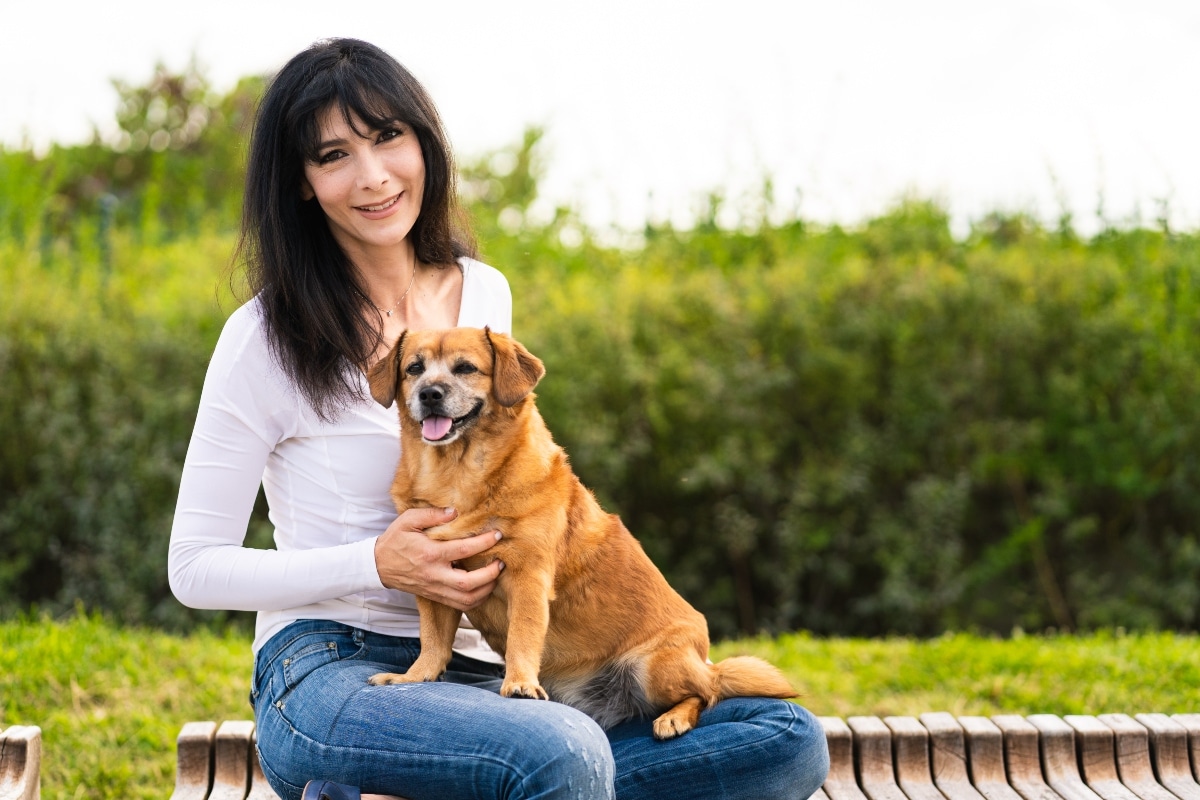 Shutterstock
Shutterstock
You may be able to fake a smile with your coworkers, but your dog knows better. Research has shown that dogs can tell the difference between real emotions and forced ones. If you’re pretending to be happy but actually feeling sad, your dog may respond with concern instead of playfulness. Their emotional intelligence allows them to detect subtle inconsistencies between your tone, posture, and facial expressions. It’s like living with a lie detector, but fluffier.
They Adapt Their Behavior to Fit Yours
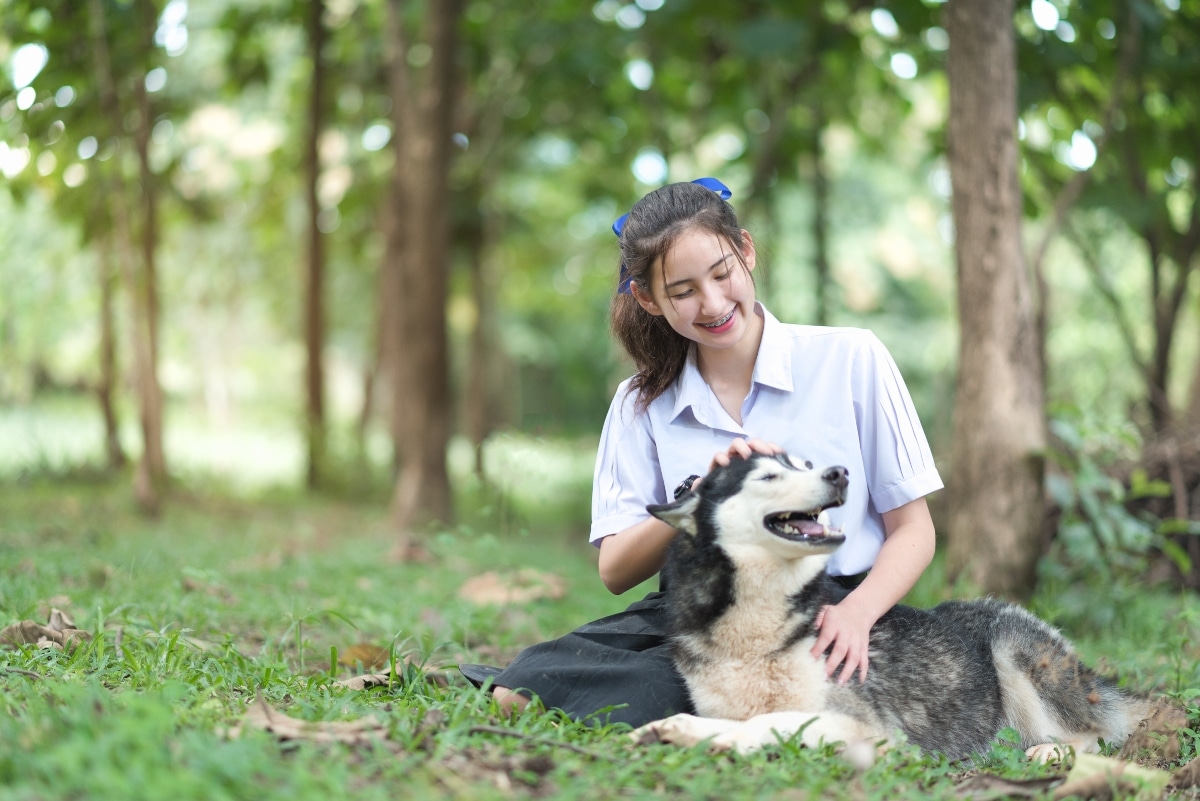 Shutterstock
Shutterstock
Whether you’re the outdoorsy, hiking-on-weekends type or the professional blanket burrito, your dog learns to match your vibe. Emotionally intelligent dogs adjust their behavior based on your lifestyle, energy level, and emotional needs. They know when to get excited, when to back off, and when to just lay a paw gently on your lap. It’s not just loyalty—it’s an emotionally driven effort to connect and be the companion you need most.
They Respond to Praise and Encouragement
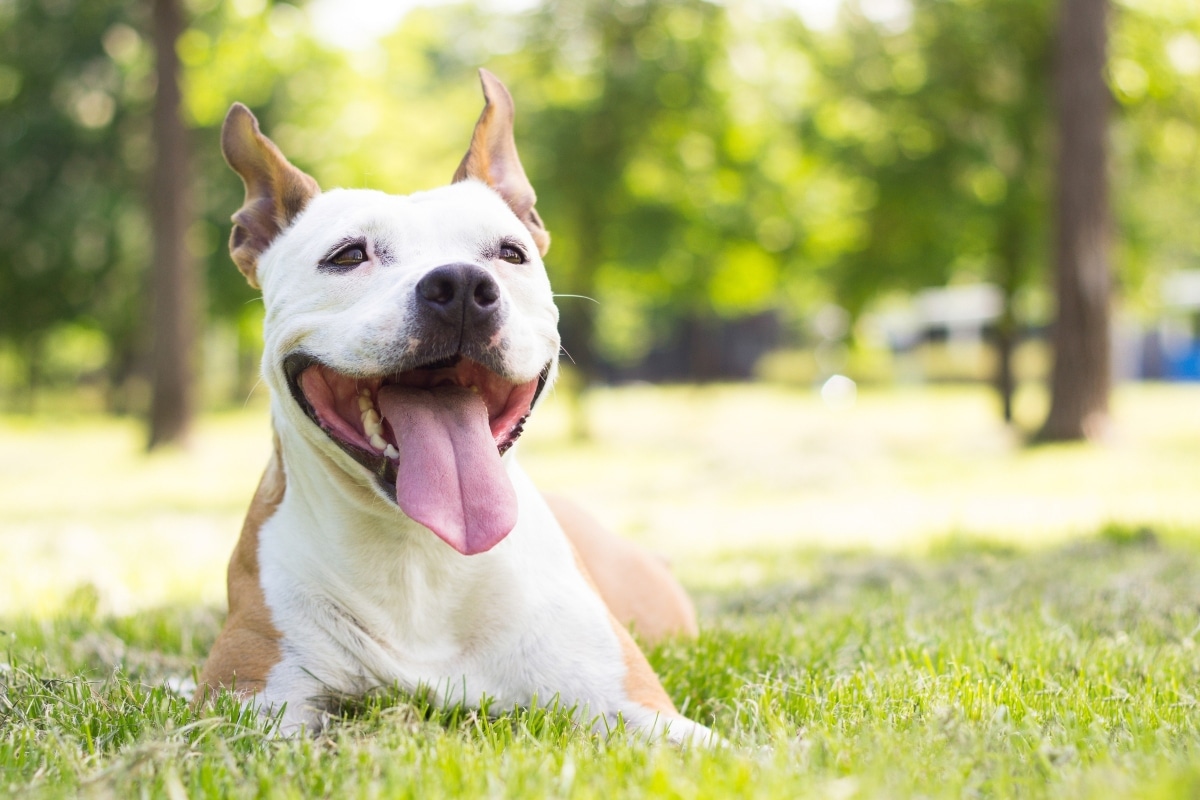 Shutterstock
Shutterstock
Dogs thrive on emotional feedback. Praise, happy tones, and smiles reinforce their good behavior more effectively than food in many cases. This shows their ability to read your emotional reactions and adapt their actions accordingly. They learn that your happiness equals their success, and they strive to repeat the behaviors that make you happy. Basically, your dog is out here chasing approval like it’s the world’s tastiest treat.
They Grieve Loss
 Shutterstock
Shutterstock
Dogs don’t just miss their people—they grieve them. After the loss of a family member (human or animal), dogs often exhibit signs of sadness like lethargy, loss of appetite, and searching behavior. This mourning process highlights the depth of their emotional capacity and ability to process change. They may not cry the way we do, but their heartbreak is real—and they’ll need love, patience, and perhaps a few extra treats to cope.
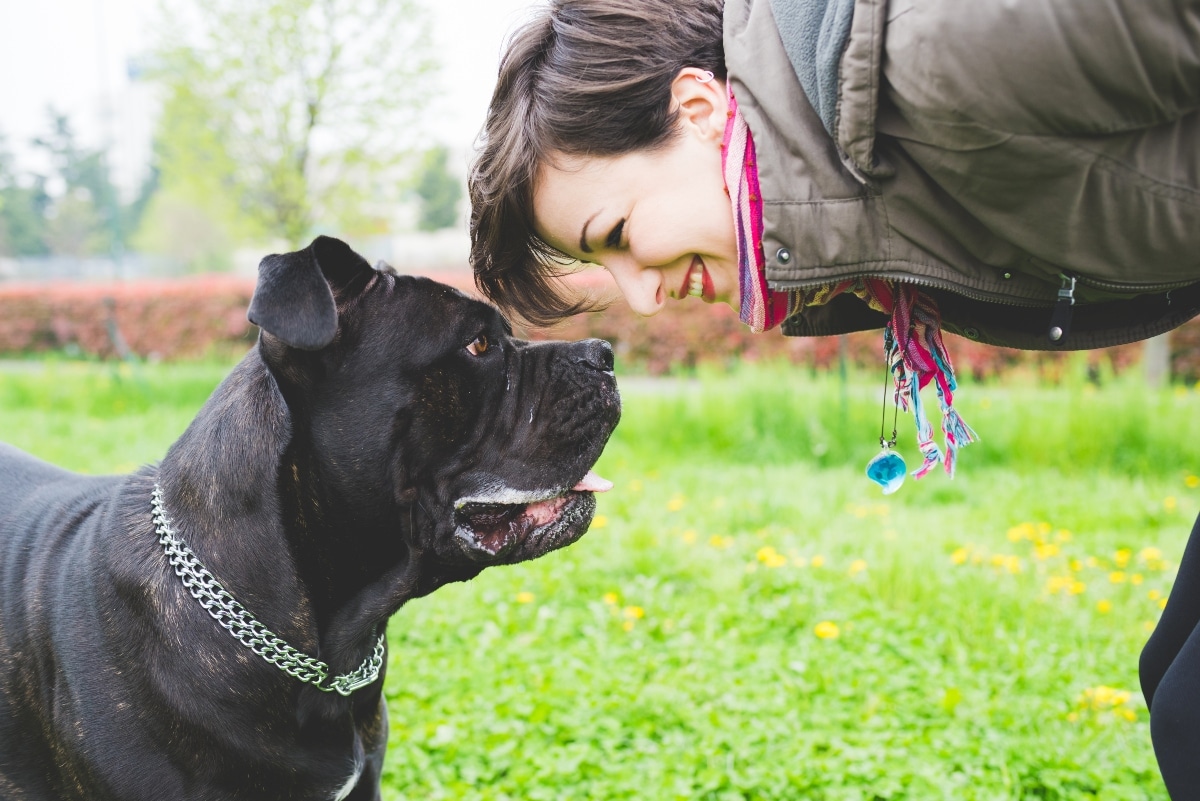 Shutterstock
Shutterstock
Ever feel like your dog is staring into your soul? That’s no accident. Dogs use eye contact to bond emotionally with their humans. It increases oxytocin levels (the “love hormone”) in both the dog and the person, creating a mutual feeling of connection and trust. It’s their way of saying, “I see you, I trust you, and yes, I will absolutely take that snack if you’re offering.”
They Protect You Based on Emotional Clues
 Shutterstock
Shutterstock
Dogs don’t just guard their humans out of instinct—they often do so based on your emotions. If you’re feeling anxious or threatened, your dog may position themselves closer, keep a sharper watch, or even insert themselves between you and the perceived threat. They don’t just react to physical danger—they respond to emotional tension. A combination of affection, awareness, and a solid “not on my watch” attitude drives their loyalty.
They React to Human Tears
 Shutterstock
Shutterstock
Many dogs will instinctively approach and comfort a crying person, even if it’s not their owner. Their response to tears—licking, nudging, or gently resting their head on your lap—demonstrates both empathy and emotional awareness. They don’t need to understand the reason you’re upset to know that you are. Their ability to comfort without question makes them some of the most emotionally supportive creatures on the planet… and they don’t even charge by the hour.
The Real Emotional Support Animal Is the Friend Who Steals Your Blanket and Your Heart
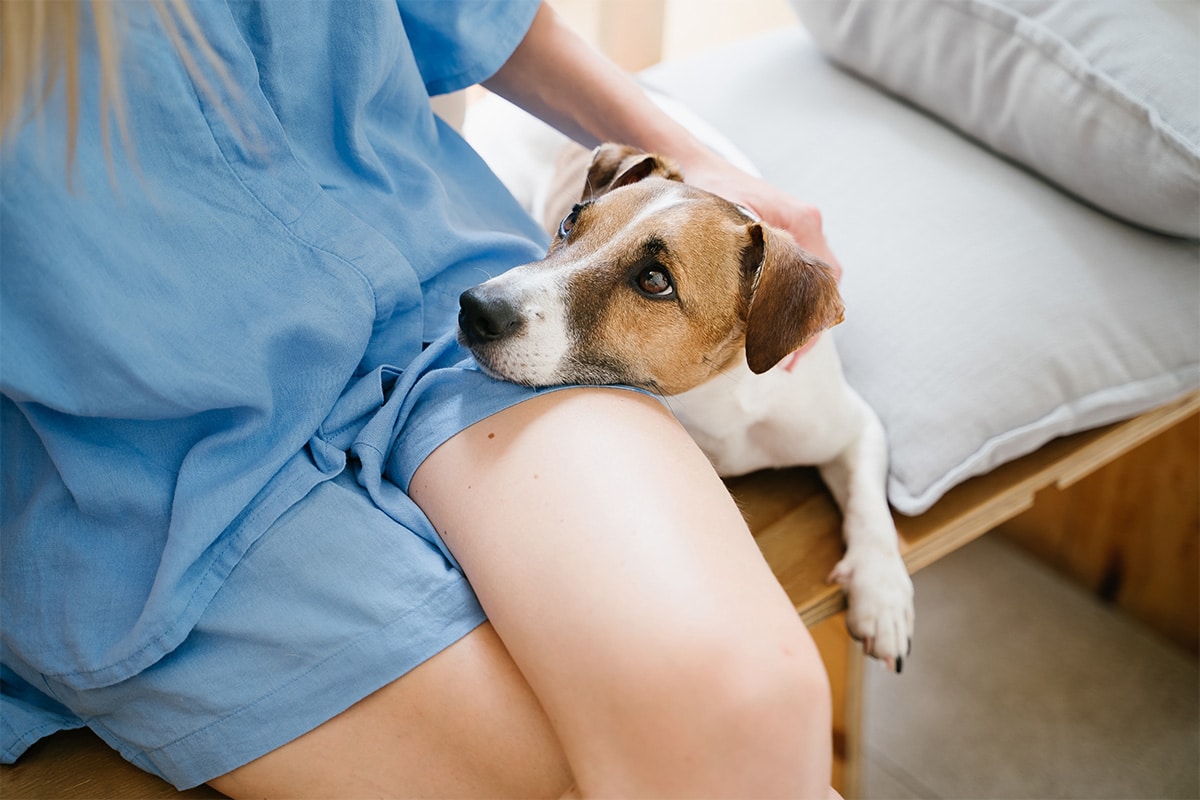 Shutterstock
Shutterstock
Dogs don’t just fetch sticks and chase squirrels—they read the room, sense your stress, and nap beside you like fuzzy little therapists. Their emotional intelligence is often underestimated, but every head tilt, gentle paw, and perfectly timed cuddle proves they’re more in tune with us than we realise. Whether they’re comforting you during a tough day or celebrating your mood boost with a full-body wiggle, dogs have mastered the art of loving us exactly how we need it. And let’s be honest—they’re way better at it than most humans.

 1 month ago
17
1 month ago
17
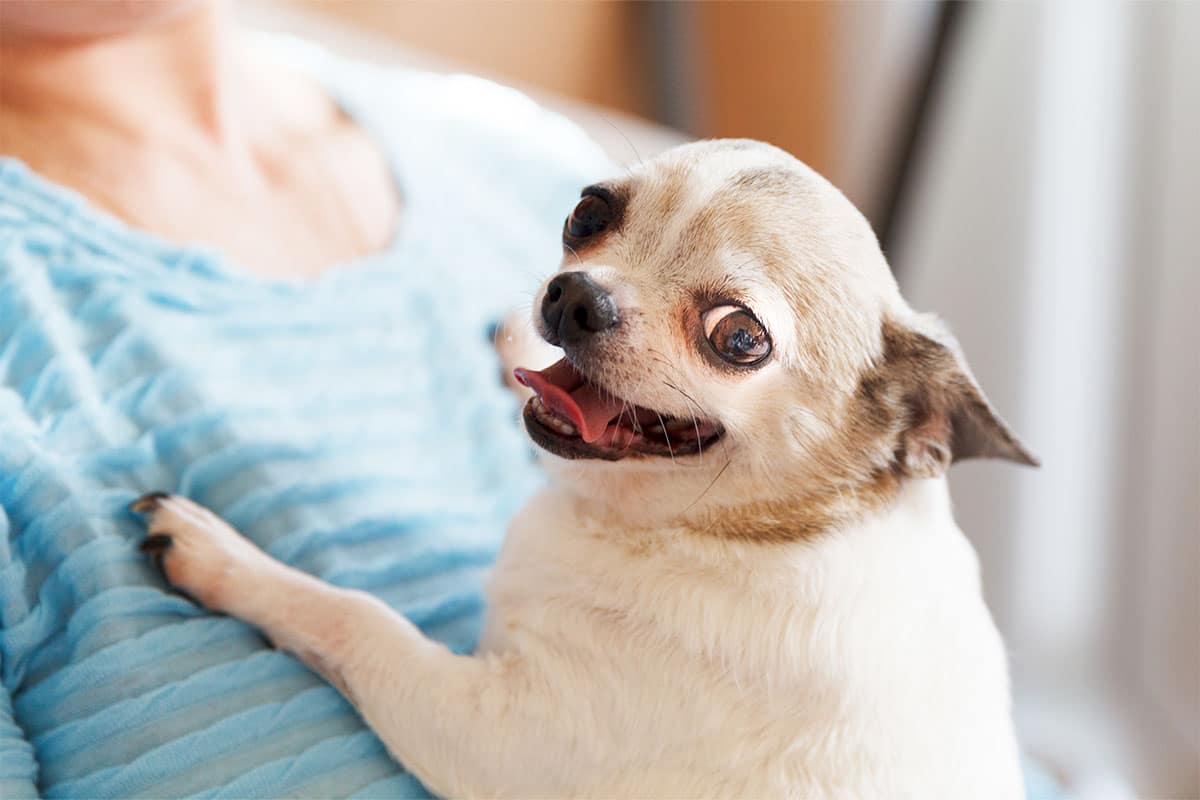
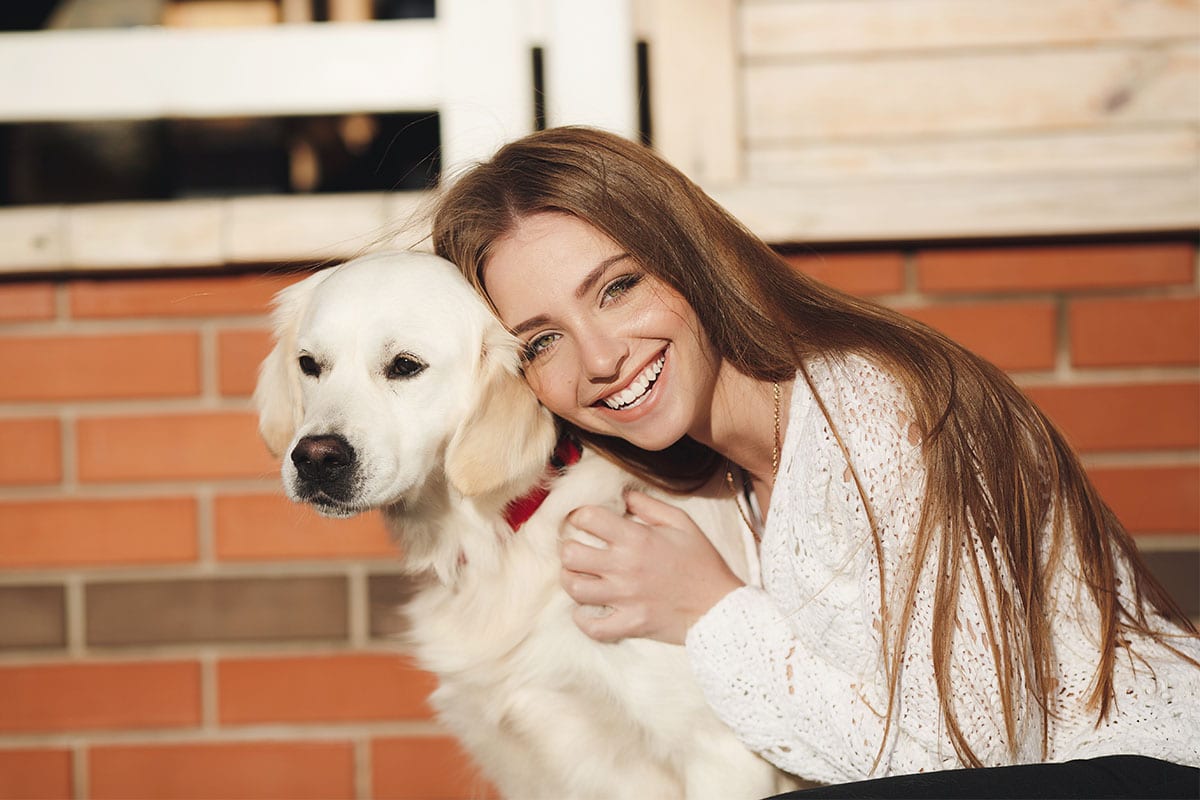
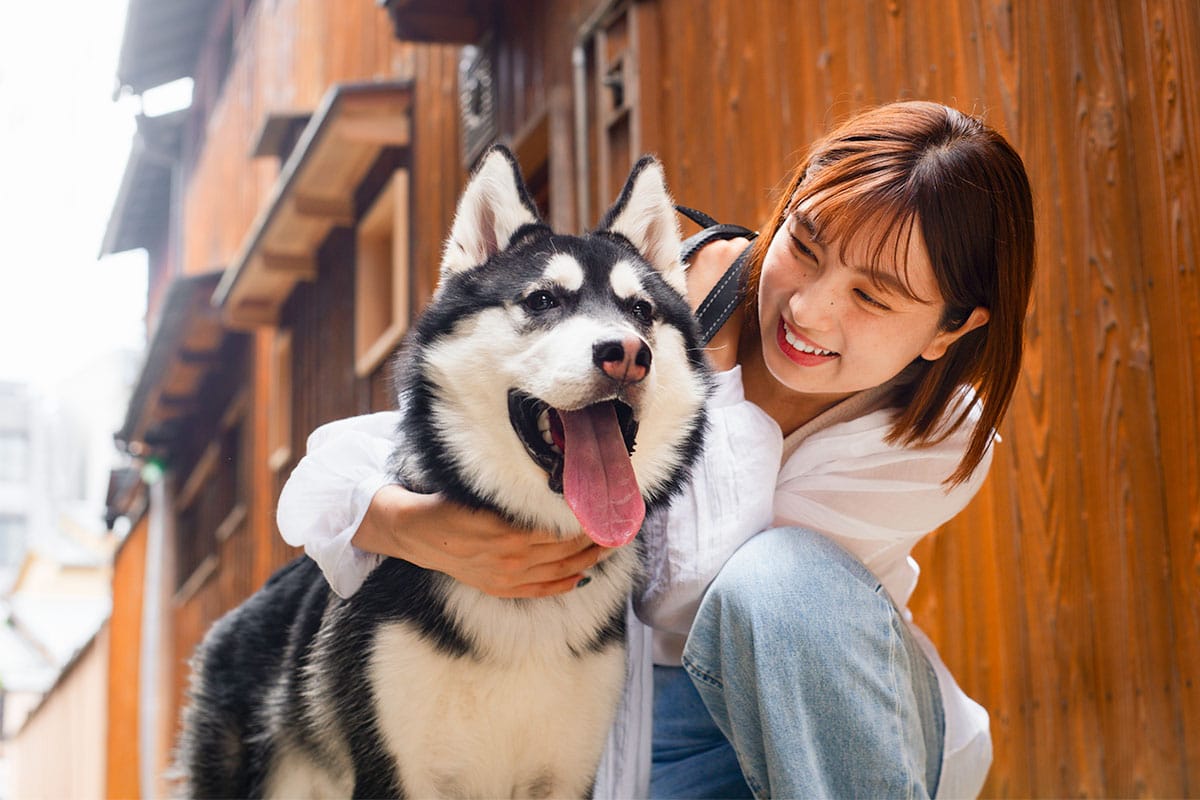
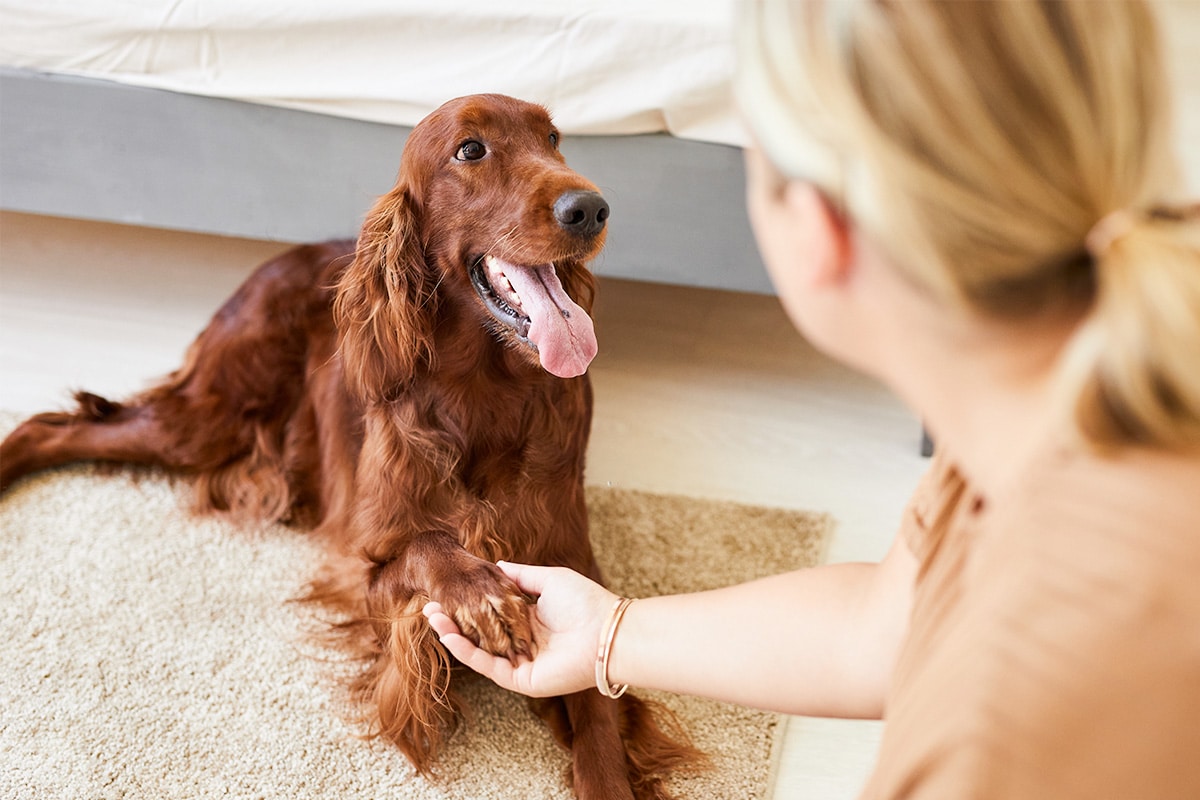
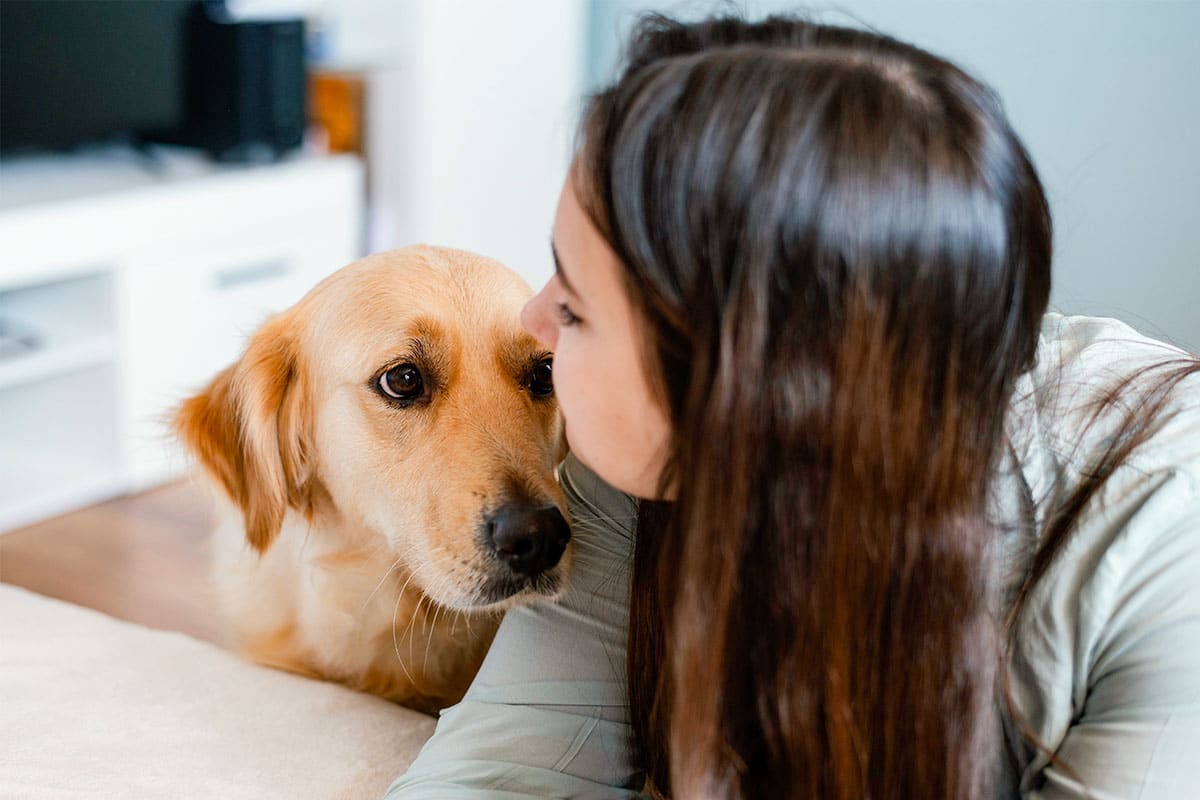


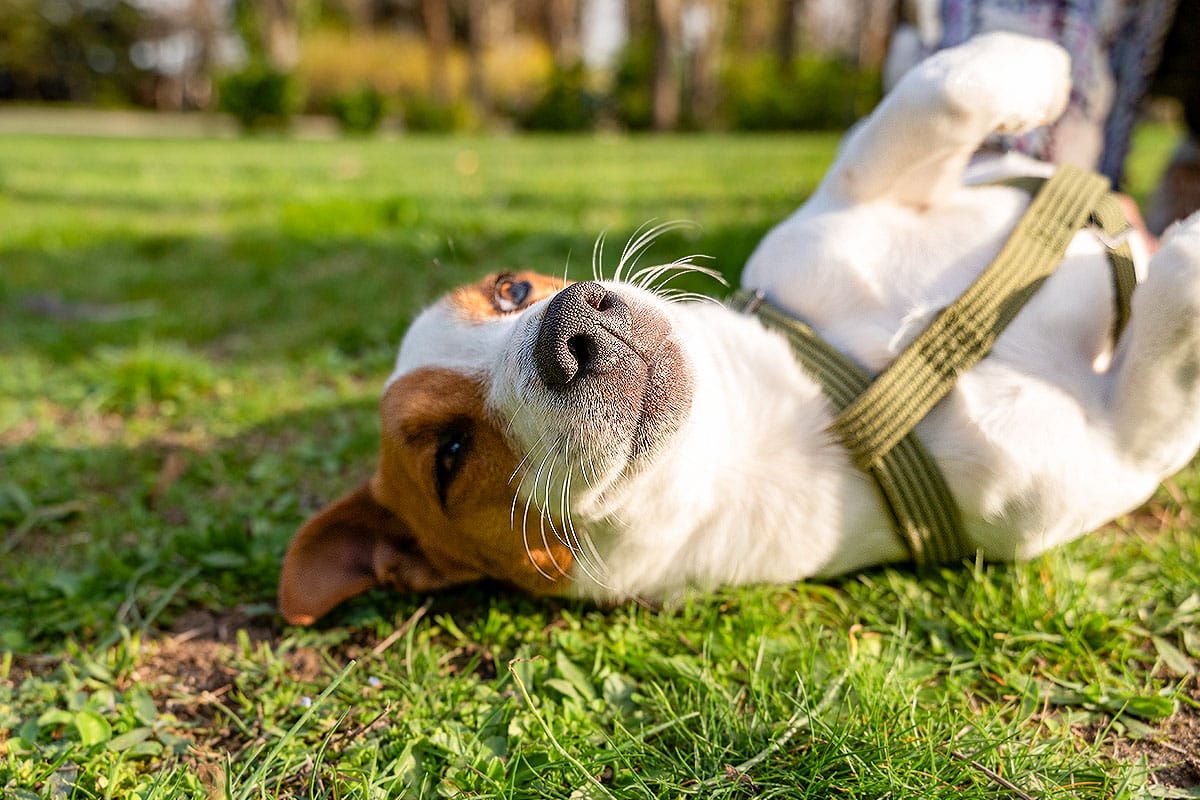


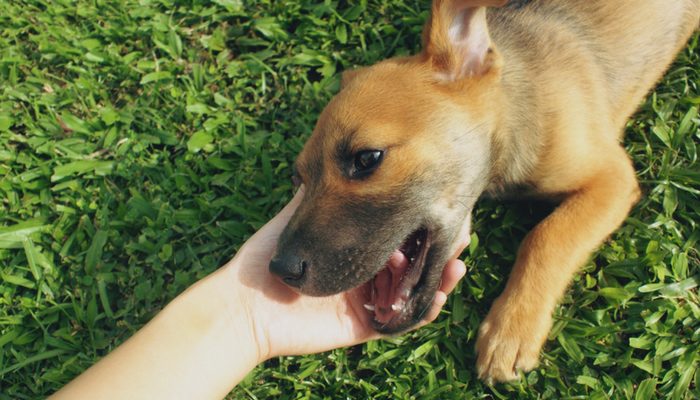


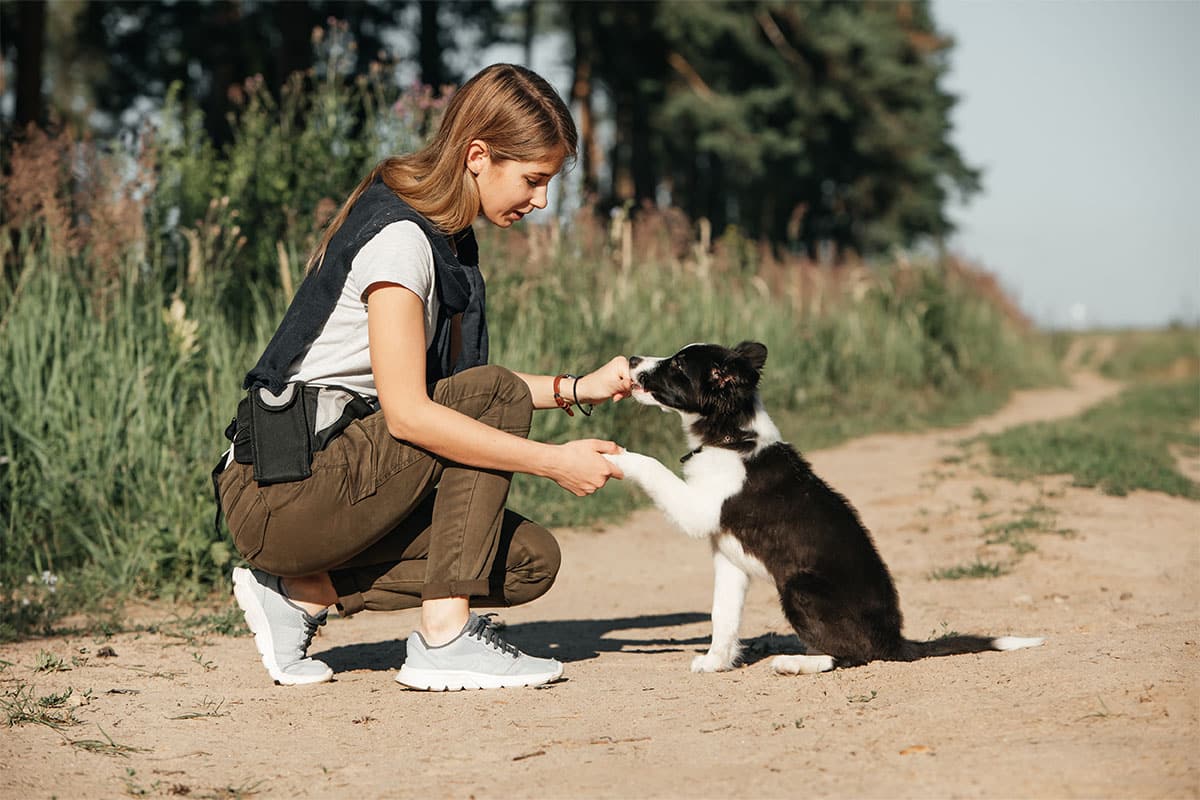


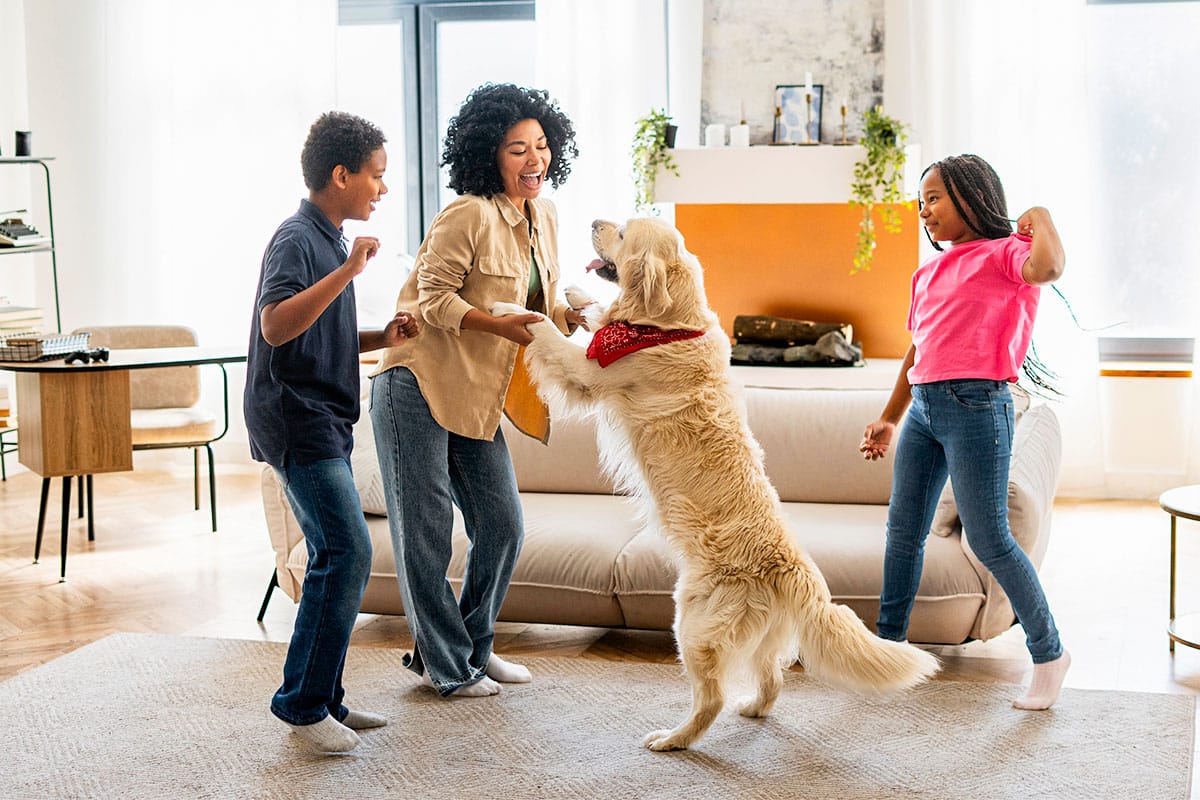

 English (US) ·
English (US) ·